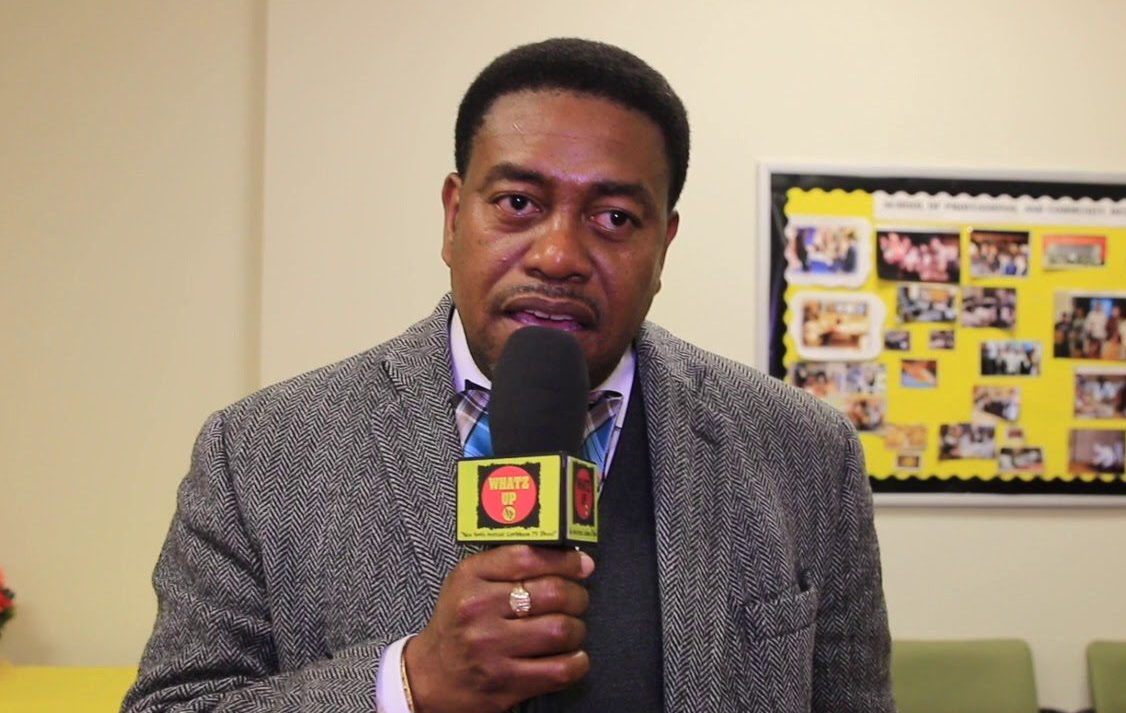The sheer volume of Guyana’s multi-billion-barrel Stabroek Block discoveries has presented it with a golden opportunity for fundamental societal transformation. But to make this happen, the South American oil producer has to overcome the dreaded “resource curse” says Dr. Terrence Richard Blackman, an Associate Professor of Mathematics and a founding member of the Undergraduate Programme in Mathematics at Medgar Evers College.
In his most recent commentary, the Guyanese Diaspora member insisted that Guyana can certainly beat the resource curse, a phenomenon where economies with abundant natural resources grow less rapidly than natural-resource-scarce economies. To overcome this oftentimes economically debilitating trend, he noted that the country only has to pay keen attention to Canada, Chile, Norway, and Botswana—four countries that have successfully steered clear of the curse.
The Associate Professor said, “…These examples from four countries from different world areas, each with a different culture and history, offer concrete insights into how Guyana can avoid the resource curse and its concomitants.”
From Canada which holds the world’s third-largest oil reserves, Dr. Blackman said Guyana can learn of the necessity for intelligent regulations and oversight, i.e., a regulatory system that is apolitical and professional and a system that minimizes political patronage.
With respect to Norway and its vast oil and gas reserves, Dr. Blackman said its approach has been to set aside the majority of its oil earnings from taxes on the petroleum industry and lease sales to private companies. Officially known as the Government Pension Fund Global (GPFG), the fund has the mandate of preserving and increasing Norway’s profits from oil for future generations. As a result, he noted that the government does not spend oil revenues – instead, the entire income from petroleum activities is invested in the fund. Dr. Blackman said the Norwegian government chose this approach to prevent the country from falling victim to the resource curse while extending the benefits these resources confer beyond short-term gains. “This mindset — along with concerns about currency appreciation and cash inflows becoming too tightly intertwined with the government — has prevented public officials’ wealth concentration, currency appreciation, and mismanagement and corruption,” the Associate Professor noted while adding that Guyana can learn a lot in this regard.
In the case of Chile, he noted that in 2020, the South American nation’s copper mine production was estimated at 5.7 million metric tons of metal content, representing 28.5 percent of the global copper production that year. While the importance of copper to the economy certainly leaves room for susceptibility to commodity booms and busts, Dr. Blackman said Chile has beaten the resource curse in large part due to an extremely high degree of transparency. He noted that information on both operations and revenues is regularly published by the finance ministry, along with comprehensive reports on royalties, taxes, mining export values, production volumes, environmental assessments, and licensing petitions.
“From Chile, it is evident that comprehensive transparency, i.e., regularly publishing information on both operations and revenues, along with complete dissemination of royalties, taxes, mining export values, production volumes, environmental assessments, and licensing petitions, move us closer to beating the resource curse,” expressed the Associate Professor.
With respect to Botswana, he noted that it is Africa’s top diamond producer, and sits second in the global list of producers of diamonds. “Yet, in stark contrast to many other resource-rich African countries prone to conflict and corruption, Botswana has beaten the resource curse…and has dramatically diversified its economy. In addition, it is one of the least corrupt countries on the continent…”
Drawing on the lessons from Botswana, Dr. Blackman said Guyana must pursue economic diversification and it must move revenues to other sectors to make the economy less susceptible to global markets and minimize internal conflict.
Overall, Dr. Blackman said the course Guyana needs to take to beat the resource curse is clear. But the more crucial question he said now facing Guyana is if it has the courage to take the path needed for the ultimate success with its oil and gas resources.




